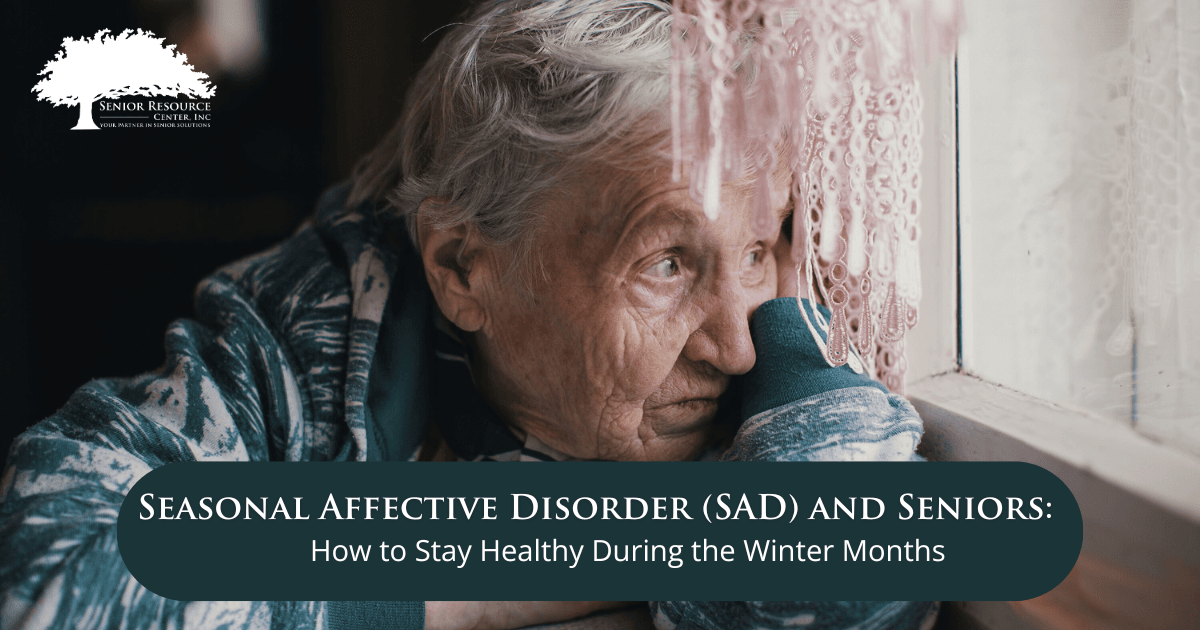
As the days get shorter and temperatures drop, many people experience Seasonal Affective Disorder (SAD), a type of depression that occurs during the winter months. Seniors can be particularly vulnerable to SAD due to reduced sunlight exposure and social isolation. Here are some strategies to help seniors stay healthy and combat the winter blues:
Prioritize Natural Light
Try to get outside for a walk during daylight hours, even if it’s cold. Opening curtains and blinds can also help maximize natural light in your home. Light therapy lamps like this can be a great indoor substitute on really cold days.
Stay Active
Regular physical activity can boost your mood and energy levels. Consider indoor exercises like yoga, stretching, or even chair aerobics to keep moving when it’s too cold outside.
Maintain Social Connections
Social isolation can worsen feelings of depression. Make an effort to connect with friends and family, whether through phone calls, video chats, or in-person visits if possible.
Eat a Balanced Diet
Eating a diet rich in fruits, vegetables, lean meats, fish and whole grains can improve your mood and overall health. Consider foods high in vitamin D, like fortified dairy products, as vitamin D deficiency is linked to SAD. Here’s a link to a simple brain healthy meal.
Seek Professional Support
If you’re struggling with persistent feelings of sadness, talk to your healthcare provider. Medicare covers certain mental health services, including counseling and therapy, which can be invaluable during the winter months.








